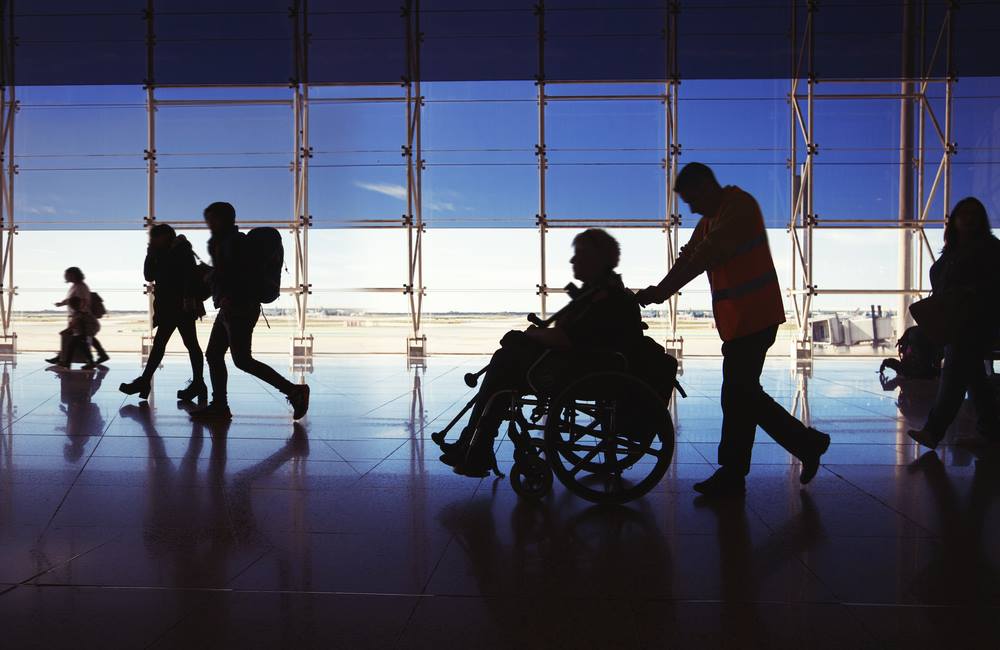The nursing profession offers excellent job opportunities for those committed to a career focused on helping others. Becoming a flight nurse is among those options. It’s one that is in more demand than ever.
What Exactly Does A Flight Nurse Do?
Flight nurses are often associated with emergency transportation, keeping patients stable while they are flown from the scene of an accident or disaster to the trauma unit of a local hospital.
However, flight nurses also work for companies such as Flying Angels, giving patients the medical support, they need while getting non-emergency medical transport.
It’s a challenging and rewarding job in the nursing profession. Becoming one requires dedication and commitment to the nursing profession and a nurse’s goal of providing quality care for others.
Education Needed For A Flight Nurse
The recommendation for a flight nurse is a Bachelor of Science in Nursing degree. Four-year degree programs in nursing typically include coursework in physical and social sciences, critical thinking, communication and leadership. Bachelor’s degree programs in nursing also offer clinical experience.
Those that wish to take on leadership positions in the medical field may also earn a Master of Science degree in nursing. All nurses in every state – as well as the District of Columbia and U.S. territories – must also earn a license to practice as a nurse.
All this prepares you to become a registered nurse. Becoming a flight nurse takes further experience.
Experience
NEMT companies typically only consider applicants for flight nurse jobs from those with at least three years of experience as a nurse in an intensive care unit (ICU) or emergency room. Some have an even higher standards.
For example, Flying Angels usually looks for nurses with about five years of experience, according to Bob Bacheler, managing director at Flying Angels.
He said the ICU experience sharpens critical thinking skills and gives nurses exposure to very ill patients. Time working in an emergency room gives nurses experience in dealing with a high volume of patients, trauma cases, making good assessments and improving triage and physical skills.
Bacheler said whatever unit a nurse has experience in “you would want it to have the highest possible acuity and exposure to different patients.”
Certifications And Further Education
Those who want to become flight nurses can demonstrate their commitment to the career by earning a Certified Flight Registered Nurse (CFRN) designation from the Board of Certification for Emergency Nursing (BCEN).
Employers also look with favor on those who have earned a Critical Care Registered Nurse (CCRN) certification offered through the American Association of Critical Care Nurses.
Other coursework also should be taken. Bacheler, who has both a CFRN and CCRN, also is one of the authors of the coursework for the Trauma Practitioner Advanced Trauma Course. Required courses include Basic Life Support (BLS) and Advanced Cardiovascular Life Support (ACLS). Pediatric Advanced Life Support (PALS) is also available for those who plan to work with children.
Bacheler also serves as a board member for the Air & Surface Transport Nurses Association, which also offers guidance on becoming a flight nurse.
